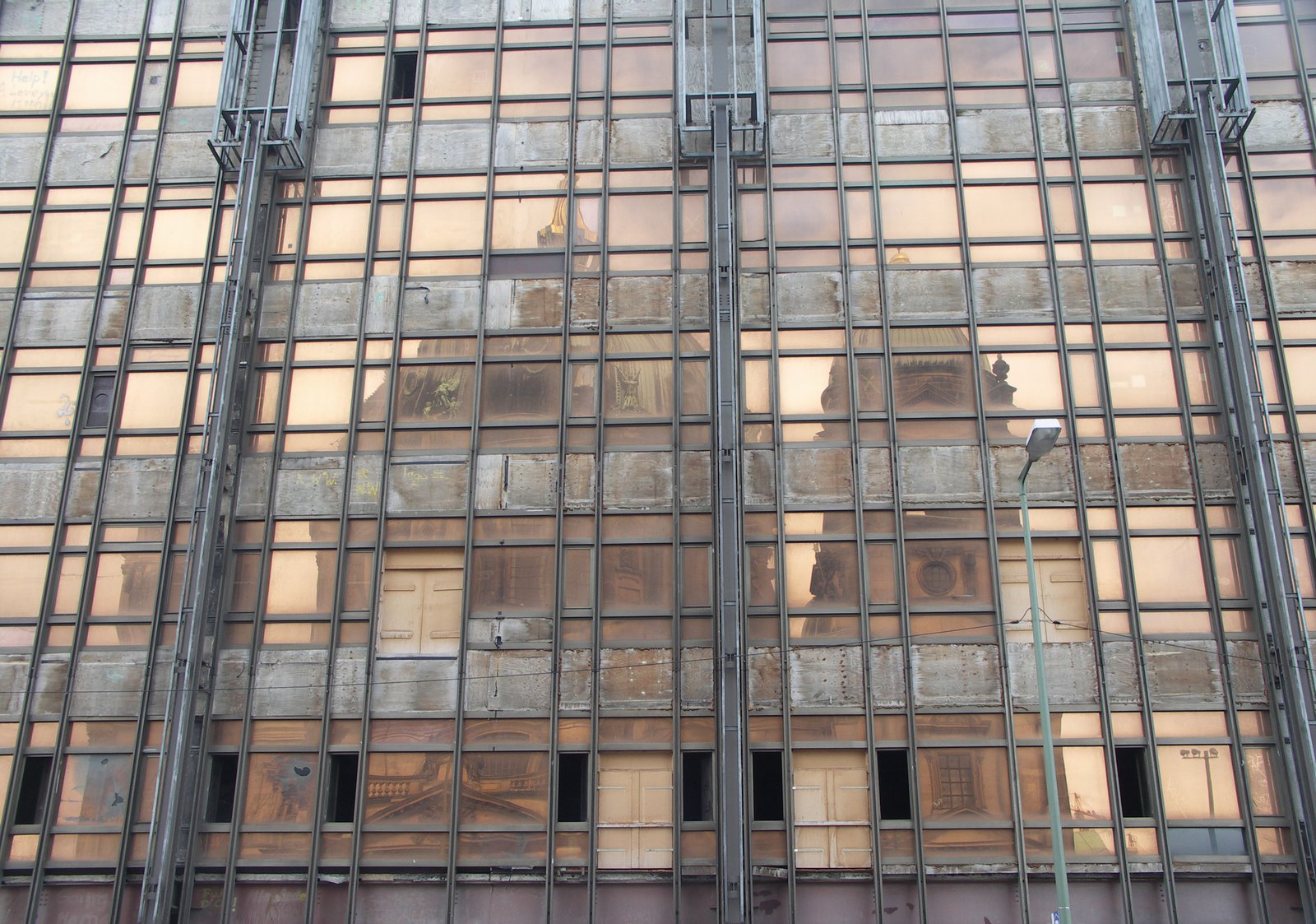
THE World Wide Web is often portrayed as the pinnacle of innovation or of human accomplishment. But it's just a bloated piece of junk, nowadays dominated by little more than one or two companies. It's also a human 'mindfarm'. It's not a good place to be a participant (subject). Using devices that are attached to people 24/7 (by creating an irrational addiction), those same companies give us "apps" that are actually watered-down (practically useless) software/applications. We're meant to think that replacing mice and large screens with pinches and listening devices (A.K.A. "smart" "assistants") is somehow "progress..." even if those things were not technically infeasible decades back.
"Using devices that are attached to people 24/7 (by creating an irrational addiction), those same companies give us "apps" that are actually watered-down (practically useless) software/applications."More to the point though -- we've come to the point where all major Web browsers are based on just one body of code (we were there two decades ago with Internet Explorer, now a dead browser), IRC is dominated by few very large networks (tens of thousands of people in each), less than a handful social control networks shape the minds of billions of people (for profit, for their sponsors and owners), and about 90% of people access the Web using Windows and/or Android. This is more like monopoly than decentralisation and emancipation of the ordinary person; we're besieged by corporate and government power (conjoined in some nations).
 In order to utilise the Internet more properly we need to take back control, decoupling and re-distributing the eggs (too few baskets nowadays exist also for E-mail; they've made it hard to run mail relays because of their 'anti-spam' gateways and other obstacles). Unless we lower the barrier to self-hosting and discourage this whole "clown computing" hype (the EPO is outsourcing almost everything to Microsoft) the Internet will increasingly become an instrument of oppression rather than empowerment and emancipation. It's already happening at an alarming rate. As The Federal put it, "the very freedom of expression in India is at stake," but actually the same is true everywhere else, from China to Europe and from Europe to northern America. Consider the fact that for many years Benoît Battistelli and António Campinos have blocked access to Techrights for no reason other than Techrights causing embarrassment to EPO management. There are of course ways to work around that (thankfully EPO staff has a different network provider at home -- or for a phone -- than what's provided by the EPO), but we still try to diversify protocols, access points, and networks. It makes us a lot harder to undermine and censor. The video above explains that this was the original purpose or key goal of the Internet; getting back to the raison d'être is essential. So much is at stake. ⬆
In order to utilise the Internet more properly we need to take back control, decoupling and re-distributing the eggs (too few baskets nowadays exist also for E-mail; they've made it hard to run mail relays because of their 'anti-spam' gateways and other obstacles). Unless we lower the barrier to self-hosting and discourage this whole "clown computing" hype (the EPO is outsourcing almost everything to Microsoft) the Internet will increasingly become an instrument of oppression rather than empowerment and emancipation. It's already happening at an alarming rate. As The Federal put it, "the very freedom of expression in India is at stake," but actually the same is true everywhere else, from China to Europe and from Europe to northern America. Consider the fact that for many years Benoît Battistelli and António Campinos have blocked access to Techrights for no reason other than Techrights causing embarrassment to EPO management. There are of course ways to work around that (thankfully EPO staff has a different network provider at home -- or for a phone -- than what's provided by the EPO), but we still try to diversify protocols, access points, and networks. It makes us a lot harder to undermine and censor. The video above explains that this was the original purpose or key goal of the Internet; getting back to the raison d'être is essential. So much is at stake. ⬆